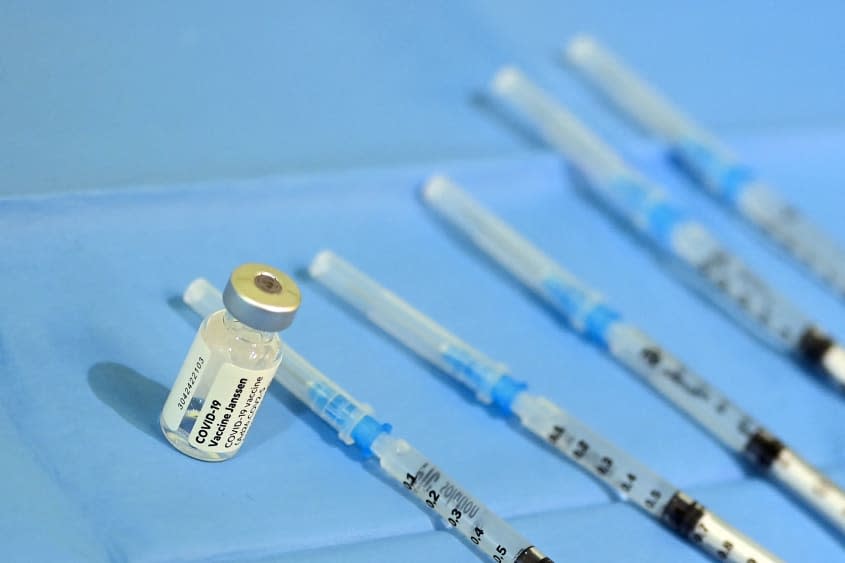Why the FDA panel's booster greenlight was actually a 'bad meeting' for Johnson & Johnson

An advisory panel for the Food and Drug Administration voted on Friday to recommend authorizing booster shots for Johnson & Johnson's COVID-19 vaccine.
The recommendation, which is for people ages 18 and up, suggests boosters at least two months after the initial dose. As some experts view it, the vote essentially changes the Johnson & Johnson vaccine from a "one and done" single dose immunization into something closer to the two-shot regimen created by Moderna and Pfizer. "Many members of the [FDA] panel said that a second dose was important because the first dose did not provide strong enough protection," writes The New York Times. The J&J vaccine has slightly lower efficacy than the other two approved for use in the U.S., but has so far continued to successfully prevent most serious illness or hospitalization among recipients.
The panel's vote isn't particularly surprising, since many experts have predicted that boosters would likely be approved to ward against waning immunity, but Stat News' Helen Branswell still reported that "this [turned] out to be a bad meeting for J&J," arguing that it's a bad look for Johnson & Johnson that so many FDA panelists believe the vaccine should become a two-dose regimen. The panel opted to recommend boosters sooner than J&J's suggested 6-month gap between doses.
"I think this frankly was always a two-dose vaccine," said panelist Paul Offitt, an infectious disease expert at the Children's Hospital of Philadelphia. "It's hard to recommend this as a one-dose vaccine."
Though J&J isn't changing its vaccine authorization to now be considered a two-dose vaccine, that's essentially what the panel thinks it should become. Panelist Eric Rubin, editor-in-chief of The New England Journal of Medicine, said J&J should be asking for a universal booster dose at two months. "He didn't use the term, but that's a two-dose vaccine," writes Branswell.
The other aspect of the meeting that doesn't bode well for Johnson & Johnson is that the panel is considering whether to recommend that J&J recipients get a booster from a different company. A vote on that issue will come later. Either way, as health reporters note, the fact that the FDA panel shot down J&J's argument that its COVID-19 vaccine could continue as a single-shot dose with a long gap between the initial jab and an eventual booster is a blow to both the company and Americans who benefited from a "one and done."
You may also like
The American 'Great Resignation' by the numbers
Madonna makes Jimmy Fallon sweat, remove coat in 'disturbed' interview

 Yahoo Movies
Yahoo Movies 
